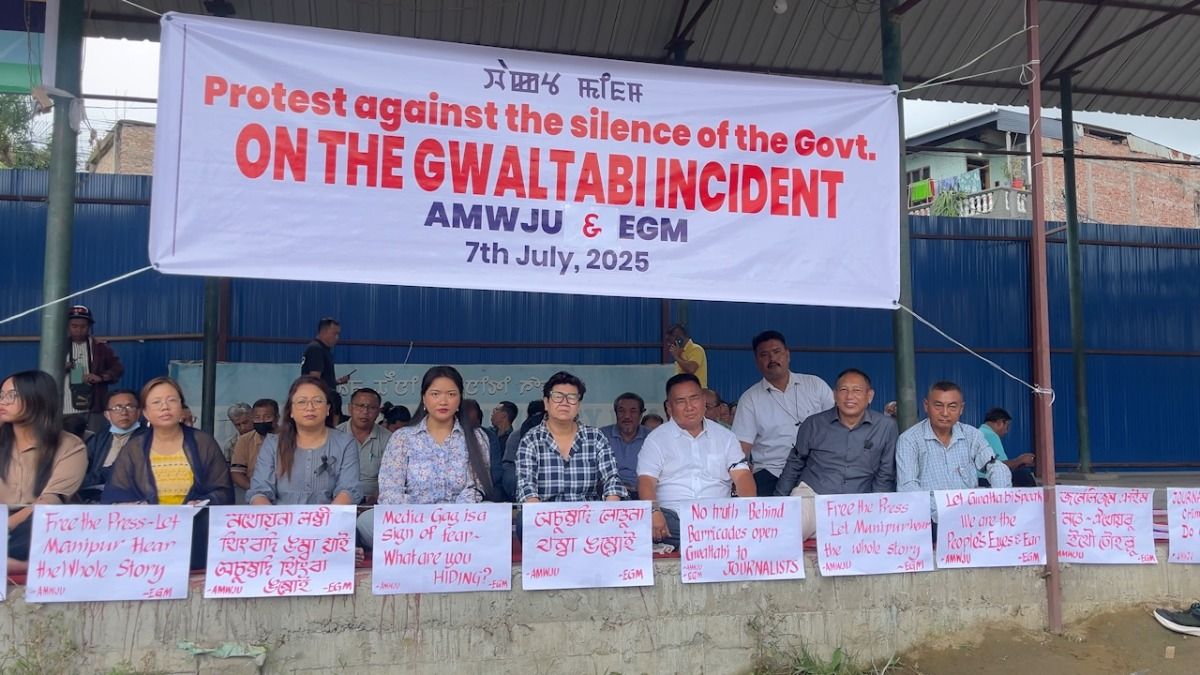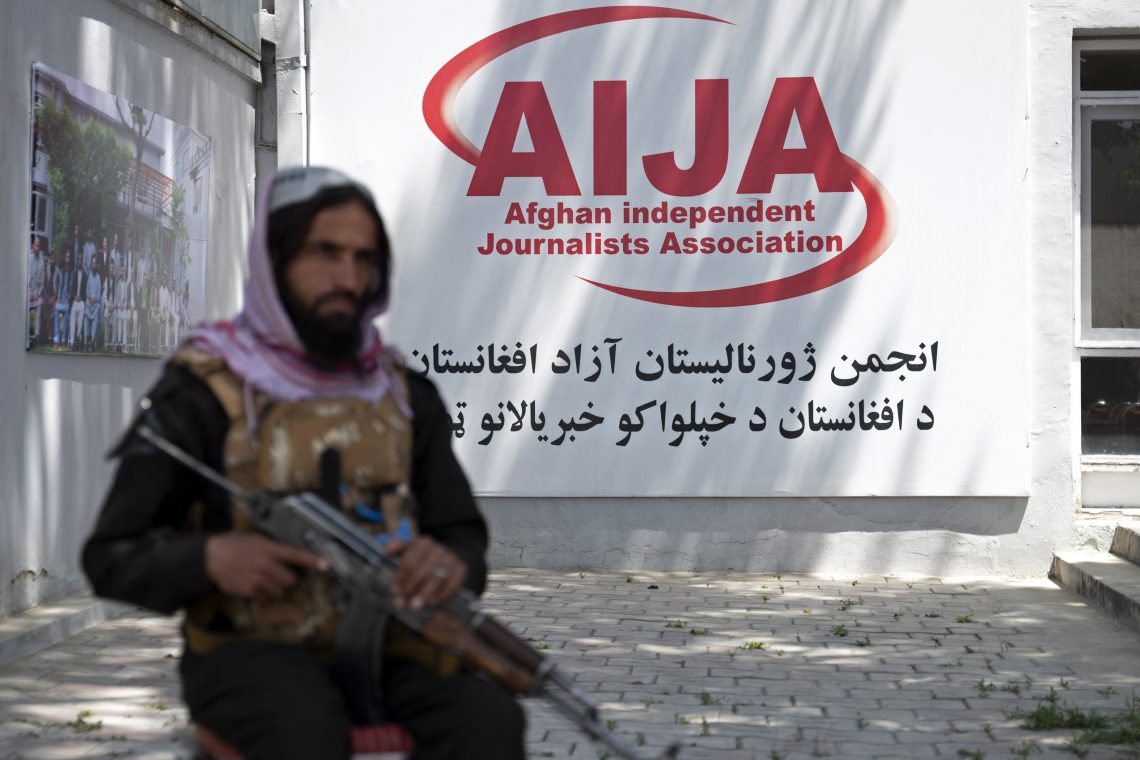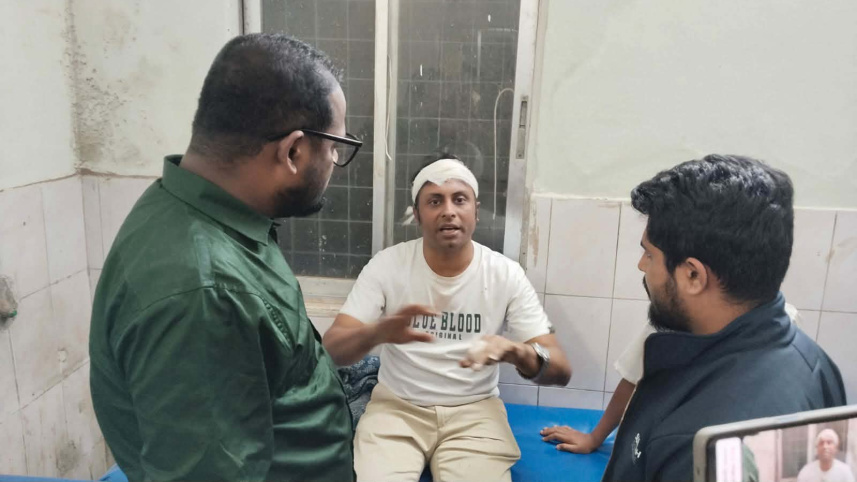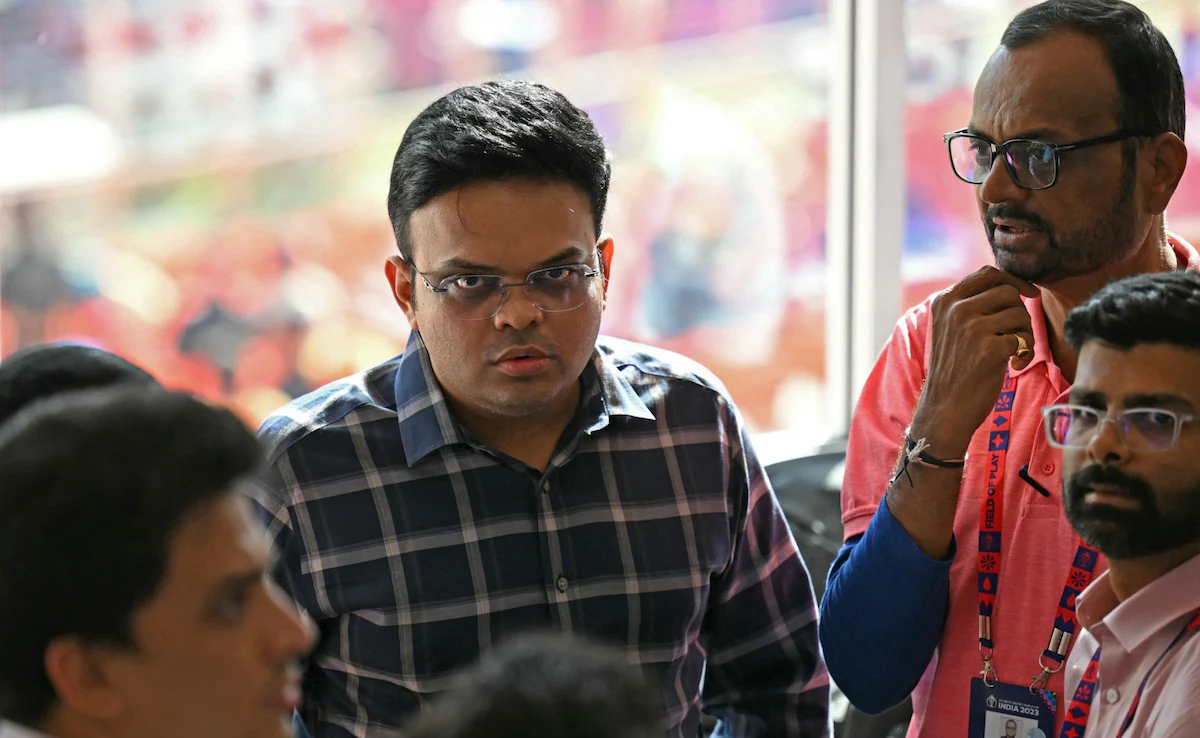
Journalist Madhurjya Saikia Injured in Assam Attack as Press Unions Raise Alarm
July 6, 2025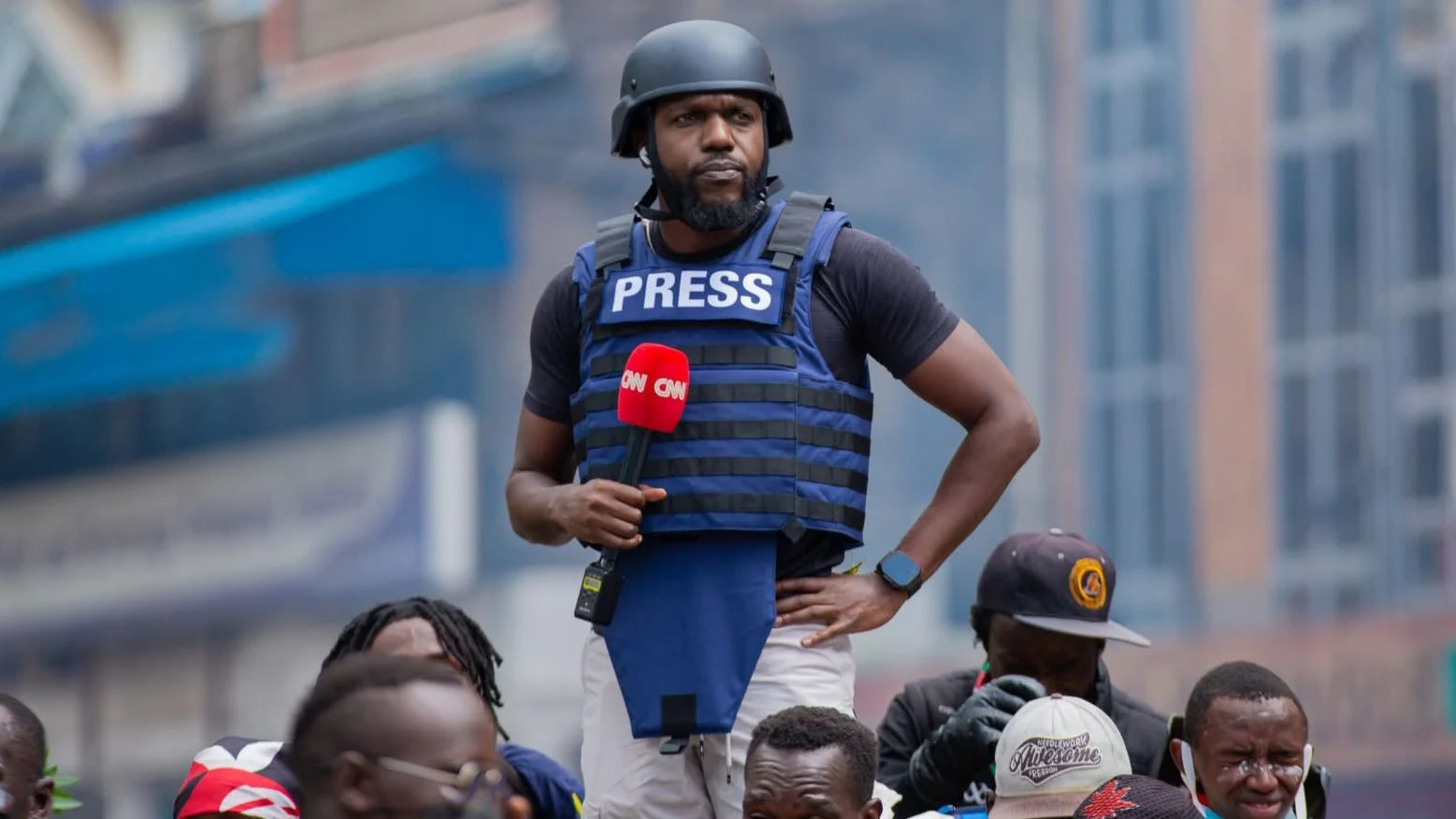
“A Price on My Head”: Larry Madowo Exposes Threats from Nairobi Politician
July 7, 2025July 07, 2025 – India –
Journalists in Manipur staged a sit-in protest in Imphal on July 7, condemning the state government’s continued silence over the May 20 Gwaltabi incident, where security forces allegedly compelled journalists to hide the word “Manipur” from a state transport bus. The protest, organized by the All Manipur Working Journalists’ Union (AMWJU) and the Editors’ Guild of Manipur (EGM), was a symbolic but urgent call for transparency, accountability, and press freedom.
The incident occurred during a government-sponsored media tour to the Shirui Lily Festival in the Ukhrul district. As the bus passed through the sensitive Gwaltabi area, security personnel reportedly demanded that the “Manipur State Transport” signage be concealed, interpreted by journalists as a humiliating affront to both their professional dignity and state identity. In protest, the journalists abandoned the tour and returned to Imphal. The following day, media organizations observed a statewide pen-down strike.
Despite assurances from the Chief Secretary that an inquiry had been launched, no official findings have been made public. A two-member panel led by senior officials submitted its report to the Governor, but the government has neither disclosed its contents nor taken visible action. The lack of response has fueled suspicions of political evasion and institutional indifference.
The July 7 sit-in was not just about one incident-it reflected growing frustration over recurring attempts to undermine media independence in Manipur, a state already burdened with ethnic conflict and security crackdowns. Protesters wore black badges and held placards demanding the release of the inquiry report and accountability for those responsible. They also warned of intensified agitation if the government fails to act.
The Gwaltabi incident has sparked broader questions about the shrinking space for journalism in conflict zones. For journalists covering Manipur’s volatile landscape, the incident is a chilling reminder that even state-sponsored assignments can become sites of intimidation and censorship.
By remaining silent, the government sends a message that truth can be edited, erased, or covered up—literally. But the journalists of Manipur are refusing to let that happen. Their protest is not just about signage on a bus; it’s about reclaiming the right to report with dignity, without fear or interference.
Reference –

